On the occasion of Senior Lieutenant General Tran Quang Phuong, member of the Party Central Committee and Vice Chairman of the National Assembly , visiting and working in Mongolia from September 30 to October 3, a VNA reporter accompanying the delegation interviewed Vietnamese Ambassador to Mongolia Nguyen Tuan Thanh about the significance of the visit and the cooperation trend between the two countries in the coming time.
Regarding the purpose and significance of the visit, Ambassador Nguyen Tuan Thanh said that Vietnam and Mongolia have traditional friendship and cooperation in many fields.
In 2024, during the State visit of General Secretary To Lam (who was also the President at that time) to Mongolia, the two countries upgraded their relationship to the level of Comprehensive Partnership and committed to expanding cooperation in many fields such as economy , trade, culture, education, law, security, defense...
According to the Ambassador, in the overall relationship between the two countries, the National Assembly cooperation always plays an important role, contributing to enhancing understanding and political trust, creating the basis and foundation for relations in other fields. On that basis, the visit of Vice Chairman of the National Assembly Tran Quang Phuong to Mongolia this time will continue to realize the common perception of the two countries' senior leaders on promoting bilateral cooperation.
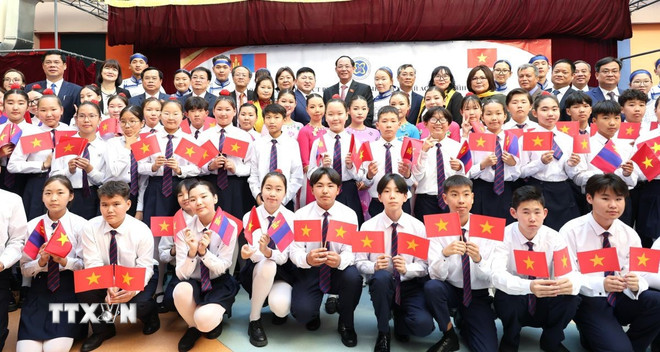
Firstly, the visit contributes to increasing political trust and strengthening the Comprehensive Partnership between the two countries, through high-level meetings and parliamentary dialogues to affirm the priority in the bilateral relationship.
Second, the visit helps promote cooperation and exchanges between the two countries' National Assemblies, deepen relations between specialized committees and friendship parliamentarians' groups, promote relations and exchanges between parliamentarians, especially female and young parliamentarians; contribute to realizing the commitments of the two countries' high-ranking leaders, and ensure that agreements signed during previous high-level visits are implemented in a practical and effective manner.
Third, the visit helps to increase economic, trade and investment cooperation, helping to increase trade turnover, attract investment and expand the market. The visit also creates conditions for businesses of the two countries to continue to connect, learn about the common agreements, policies and laws of each side on investment encouragement, protection and trade priorities, thereby contributing to promoting the exchange of goods with strengths of both sides, promoting trade and investment growth.
Fourth, the visit helps to enhance understanding, promote cooperation in the fields of culture and education, promote people-to-people exchange to enhance understanding and sympathy between the people of the two countries as well as promote the protection of the rights of Vietnamese people living, studying and working in Mongolia.
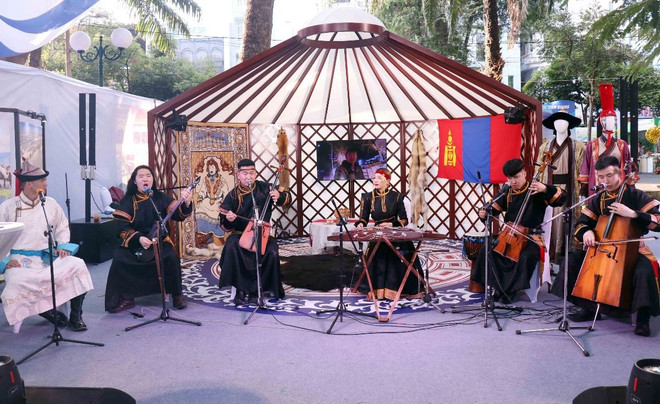
Fifth, the visit helps strengthen cooperation and interaction in security and defense, promote cooperation between law enforcement agencies of the two countries and share experiences in dealing with common challenges of mutual concern such as climate change, non-traditional security and transnational crime.
Sixth, the visit helps enhance Vietnam's position and promote international cooperation through coordination at multilateral international forums such as the United Nations, the Asia-Europe Parliamentary Partnership Conference, the Asia-Pacific Parliamentary Forum, etc.
In recent years, Vietnam-Mongolia relations have been increasingly developed, bilateral cooperation has achieved many outstanding results. According to Ambassador Nguyen Tuan Thanh, the specific results are shown in a number of aspects.
First of all, political and diplomatic relations have been consolidated and strengthened. The two countries have upgraded their relationship to Comprehensive Partnership, helping to expand and deepen more substantive, comprehensive and sustainable cooperation between the two countries. The two sides regularly exchange high-level delegations and maintain political exchange mechanisms such as the diplomatic consultation mechanism and the Intergovernmental Committee on Economics, Trade, Science and Technology.
Next, trade and economic relations between the two countries have clearly developed, with two-way trade turnover increasing significantly compared to previous years. The two sides have signed many cooperation agreements on economy, agriculture and trade to stabilize market supply and long-term cooperation. The two sides also promoted cooperation in the supply of agricultural products such as allowing the supply of goat and sheep meat from Mongolia to Vietnam as well as poultry meat and eggs from Vietnam to Mongolia.
In addition, cooperation in culture, education and people-to-people exchange has been promoted. The two sides have actively exchanged lecturers, students and pupils under the Government Scholarship program. Cultural and sports exchanges have been enhanced; visa exemptions for tourists have been implemented, facilitating travel, trade and tourism; and direct flights have been opened from the capital Ulaanbaatar of Mongolia to the capital Hanoi, Ho Chi Minh City, Phu Quoc, Nha Trang, etc.
In addition, cooperation in information technology, digitalization and innovation has been promoted. The two sides have started exchanges in the field of artificial intelligence (AI), sharing experiences in building e-government and digitalizing public services. Mongolia is interested in cooperating with Vietnam in developing AI, digital economy, startups and applying new technologies.
Finally, commitments on multilateral issues, environment and climate change. The two sides agreed to promote international cooperation, enhance cooperation, research on climate change response, and environmental protection. Mongolia will host the 17th Conference of the Parties to the United Nations Convention to Combat Desertification (COP17) in 2026, which is an area of common interest between the two countries.
To promote the Comprehensive Partnership between the two countries, according to Ambassador Nguyen Tuan Thanh, Vietnam and Mongolia need to actively implement many measures.
Firstly, expand trade and increase import-export value. The two sides strive to increase bilateral trade turnover in the coming time corresponding to the potential and strengths of the two countries and aim to balance the trade balance and diversify export products. Vietnam promotes the export of consumer goods, processed agricultural products, food and technological goods. Mongolia takes advantage of its advantages in agriculture and livestock.
Second, promoting logistics-transportation connectivity. The two sides will seek measures to facilitate rail and air transport, increase and maintain direct flights between Ulaanbaatar and major cities in Vietnam; improve import and export mechanisms to reduce barriers, ensure compliance with each country's technical, sanitary and quarantine standards, etc.
Third, deepen cooperation in technology, digitalization and innovation, enhance development cooperation in issues of mutual concern such as AI, information technology, data centers, startups; share experience in digital technology management, e-government and electronic public services.
Fourth, strengthen cooperation in agriculture, livestock, cultivation, cooperation in developing raw material supply, farming, processing, ensuring food security; promote the export of agricultural products to each country.
Fifth, increase cooperation on environment and climate change response. Issues such as combating desertification, water resource management, and ecological environment protection will be prioritized for cooperation. The Ambassador noted that Vietnam can support Mongolia in green models, developing renewable energy and effectively using natural resources.
Finally, to promote bilateral relations, Ambassador Nguyen Tuan Thanh said it is necessary to strengthen cooperation and promote the role of the two countries' National Assemblies through exchanging experiences in legislation, supervision and protection of people. At the same time, the Ambassador noted that people-to-people and student exchanges as well as promoting tourism cooperation will continue to be encouraged to increase understanding and connection between the two peoples./.
Source: https://www.vietnamplus.vn/quan-he-doi-tac-toan-dien-viet-nam-mong-co-ngay-cang-phat-trien-thuc-chat-post1067692.vnp



![[Photo] Bustling Mid-Autumn Festival at the Museum of Ethnology](https://vphoto.vietnam.vn/thumb/1200x675/vietnam/resource/IMAGE/2025/10/4/da8d5927734d4ca58e3eced14bc435a3)


![[Photo] General Secretary To Lam attends the 8th Congress of the Central Public Security Party Committee](https://vphoto.vietnam.vn/thumb/1200x675/vietnam/resource/IMAGE/2025/10/4/79fadf490f674dc483794f2d955f6045)
![[Photo] Solemn opening of the 8th Congress of the Central Public Security Party Committee, term 2025-2030](https://vphoto.vietnam.vn/thumb/1200x675/vietnam/resource/IMAGE/2025/10/4/f3b00fb779f44979809441a4dac5c7df)
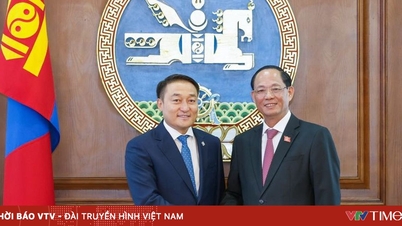

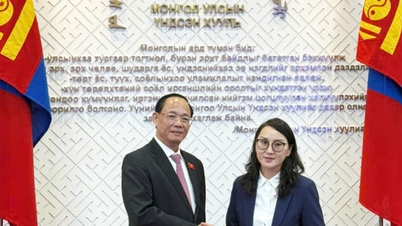

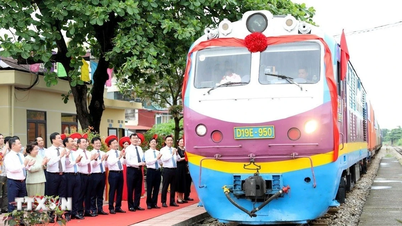


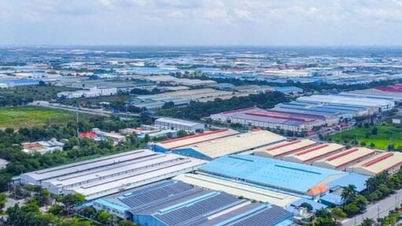

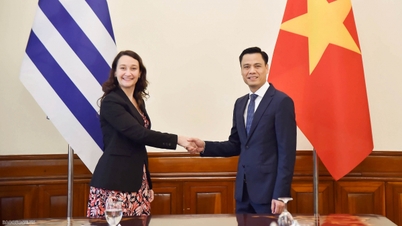

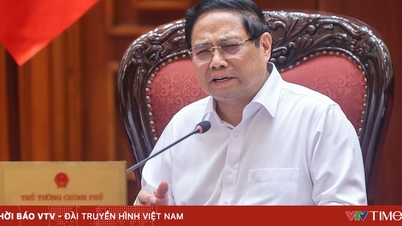
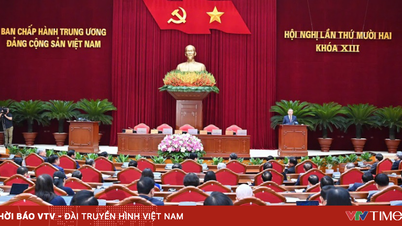
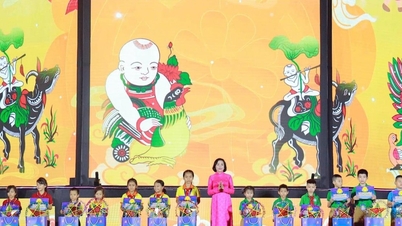
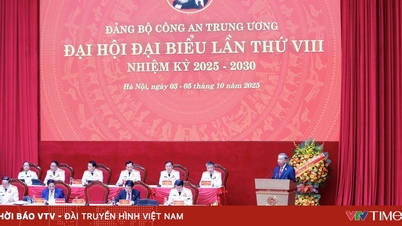
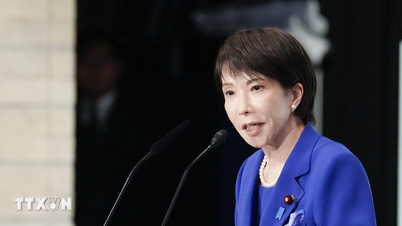
![[Video] 24-hour news on October 4, 2025: General Secretary To Lam: The People's Public Security strives to break through and create new miracles for the Party, for the country, for the people](https://vphoto.vietnam.vn/thumb/402x226/vietnam/resource/IMAGE/2025/10/4/0282e64dcd684755b8e5abb51e819fc2)





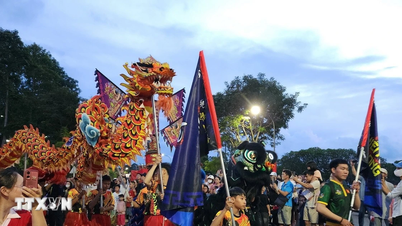

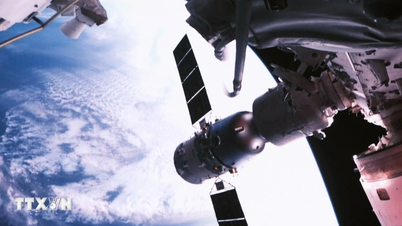
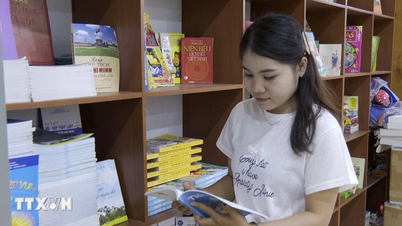
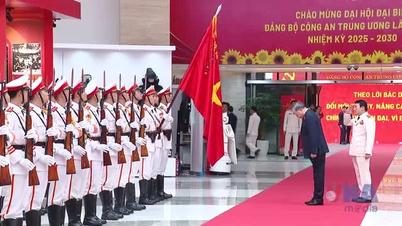

























![[VIDEO] Summary of Petrovietnam's 50th Anniversary Ceremony](https://vphoto.vietnam.vn/thumb/402x226/vietnam/resource/IMAGE/2025/10/4/abe133bdb8114793a16d4fe3e5bd0f12)

![[VIDEO] GENERAL SECRETARY TO LAM AWARDS PETROVIETNAM 8 GOLDEN WORDS: "PIONEER - EXCELLENT - SUSTAINABLE - GLOBAL"](https://vphoto.vietnam.vn/thumb/402x226/vietnam/resource/IMAGE/2025/7/23/c2fdb48863e846cfa9fb8e6ea9cf44e7)















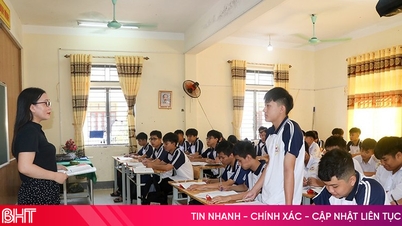

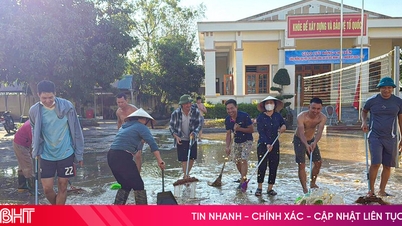
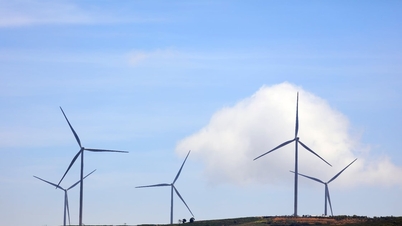

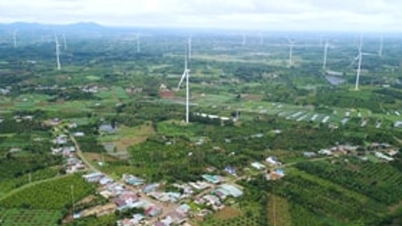
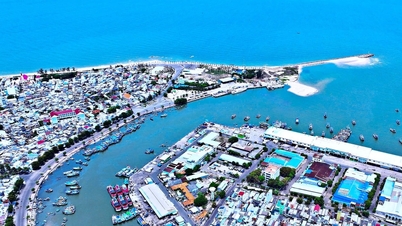
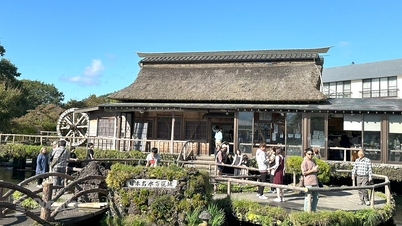









Comment (0)